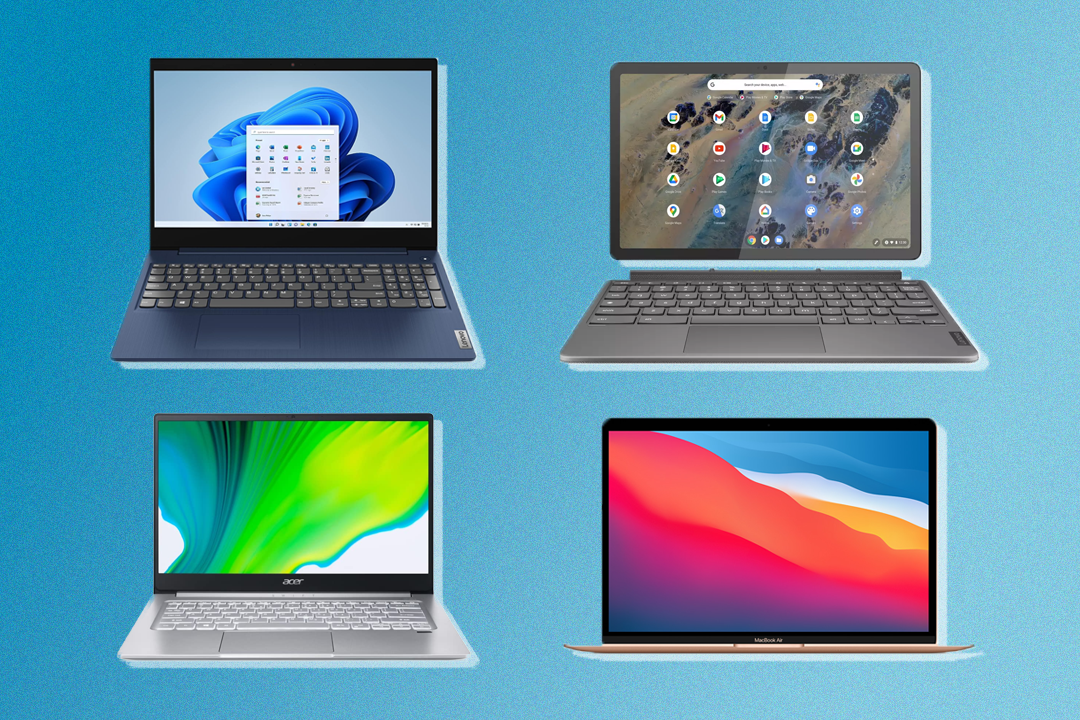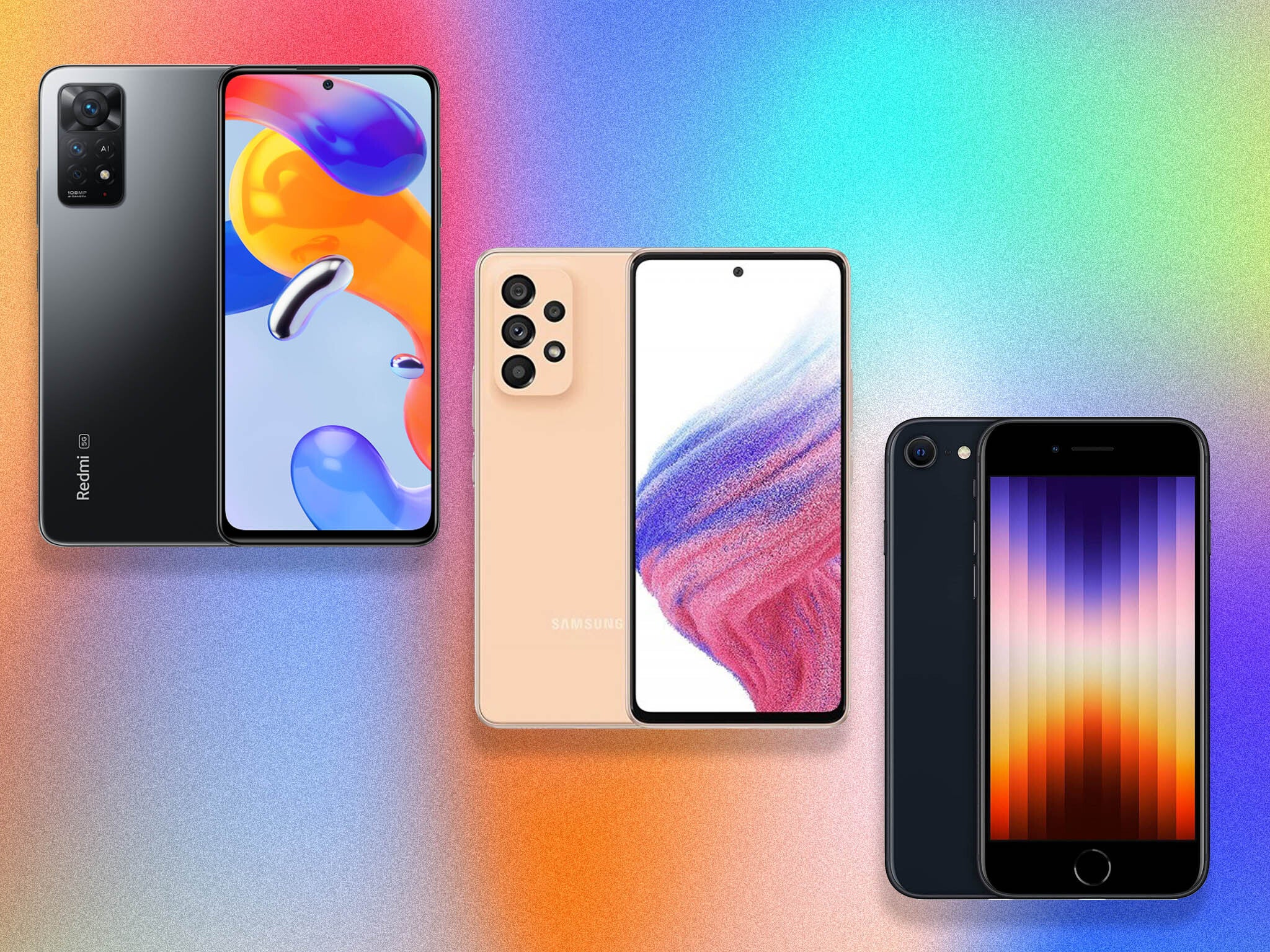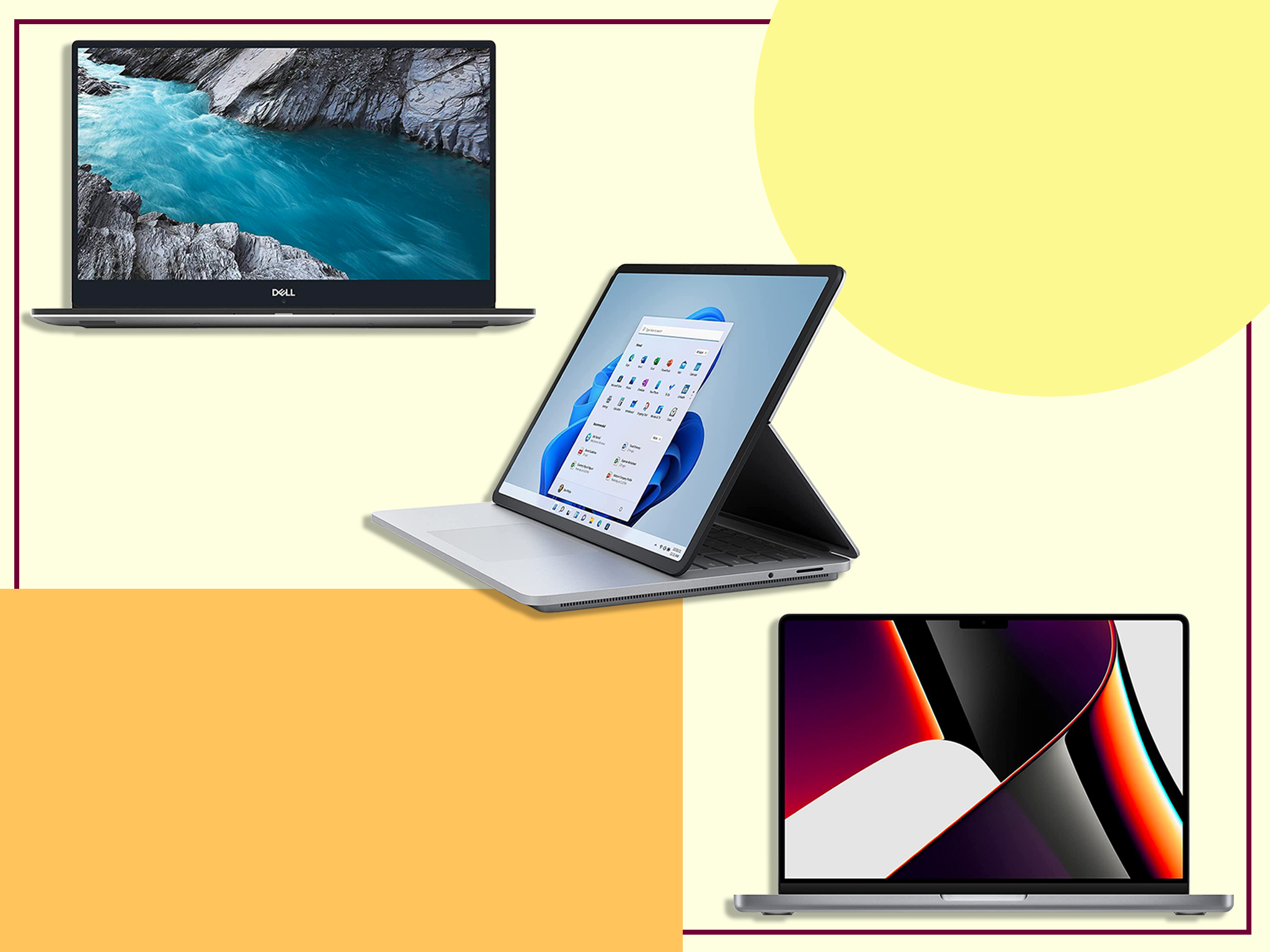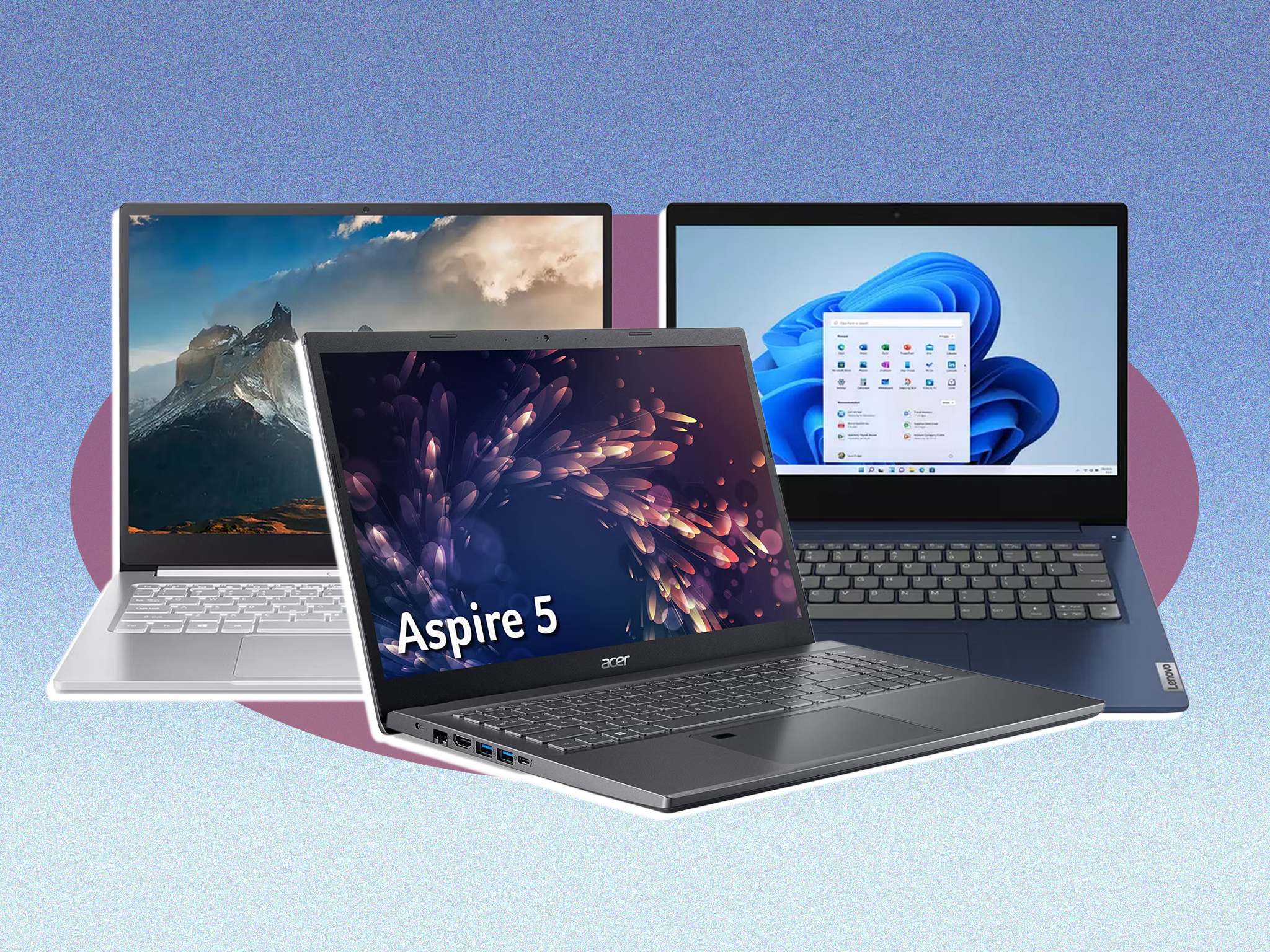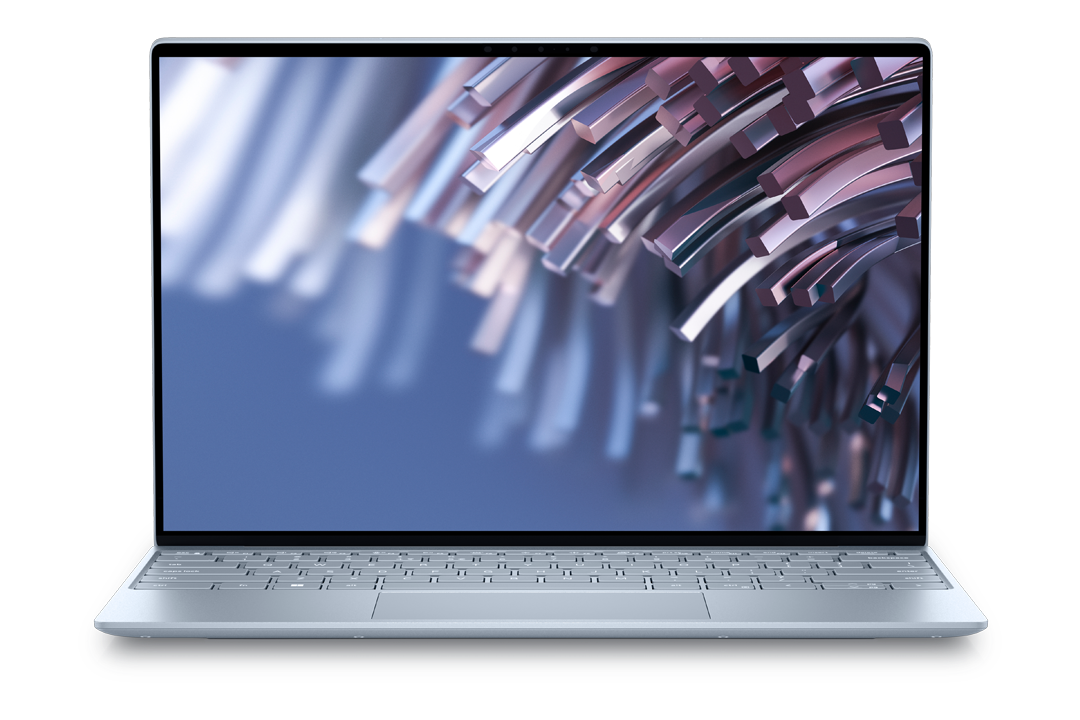
The Independent's journalism is supported by our readers. When you purchase through links on our site, we may earn commission. Why trust us?
I’m a tech expert, and these are the three student laptops you should consider buying
Our pick of the best student laptops will see you through to graduation
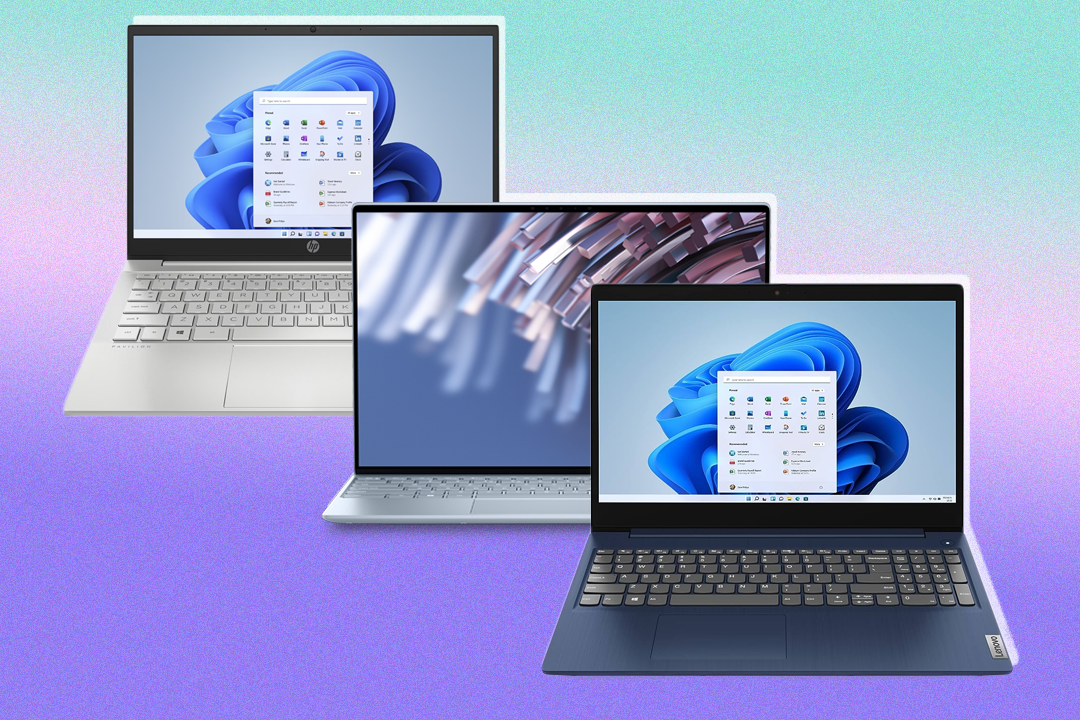
So, your old student laptop is about to pop its silicone clogs. Keys are missing, there’s mystery crud in the HDMI port, it only charges during a full moon and it’s just three more open Chrome tabs away from bursting into flames.
It might be time for an upgrade. But if you’re heading back to school, the seemingly endless choice of new laptops is daunting. There are big ones, little ones and ones that turn into tablets for reasons nobody has ever explained convincingly.
Well, you’re in luck. I’ve been thinking about and reporting on laptops long enough for my brain to be clogged up with useless information about processors, rendering me incapable of learning new languages or skills, but arming me with the knowledge required to recommend the best student laptops.
If you already know you want a MacBook, then your choice is simple. Get the 13in MacBook Air with the M1 chip (£999, Apple.com). It’s the cheapest MacBook Apple still makes, and it’s about as uncontroversial as student laptops get.
If your studies involve things such as video editing and rendering giant files, the more expensive MacBook Pro (£1,349, Apple.com) starts to make sense. It’s much better at cooling itself down than the MacBook Air, which means it doesn’t have to throttle its performance when things start to get toasty.
Bear in mind that Windows laptops are generally a lot more compatible with a wider range of applications. If you’re an engineering student or you’re routinely working with niche, specialist software, a shiny new MacBook could end up being about as useful as a £999 paperweight. You can get Windows running virtually on MacOS, but it will be a compromised experience.
With the Apple side of the equation out of the way, I’ll be recommending three Windows laptops here. Two laptops that shouldn’t strain the budget of the average college student, and one that will, but is worth the money.
Dell XPS 13

- Best: Dell laptop for students
- CPU: Intel Core i7
- RAM: 16GB
- Storage: 512GB
- Display: 13.4in, 1,200px
- Why we love it
- Great performance
- Excellent display
- Take note
- Below average webcam quality
The Dell XPS 13 (along with the 15in variant) is the best Windows laptop going, and the nearest thing to a MacBook Air you’ll find, but you really don’t need the 2023 model. You’ll save the best part of a grand by picking up last year’s instead.
The difference in performance is negligible. You get a 12th-generation, U-series Intel processor rather than the newest 13th gen, but things like the display, design, ports, keyboard and chassis are otherwise basically the same. It features a decent 1,920 x 1,200px screen, excellent build quality and it’s lightweight and portable.
We’d suggest doubling the memory to 16GB for the extra £100 – that’s where you’ll spot the difference in performance – but if you want to dial the specs all the way back, you can get a brand new Dell XPS 13 for as little as £845.
Lenovo IdeaPad 3i
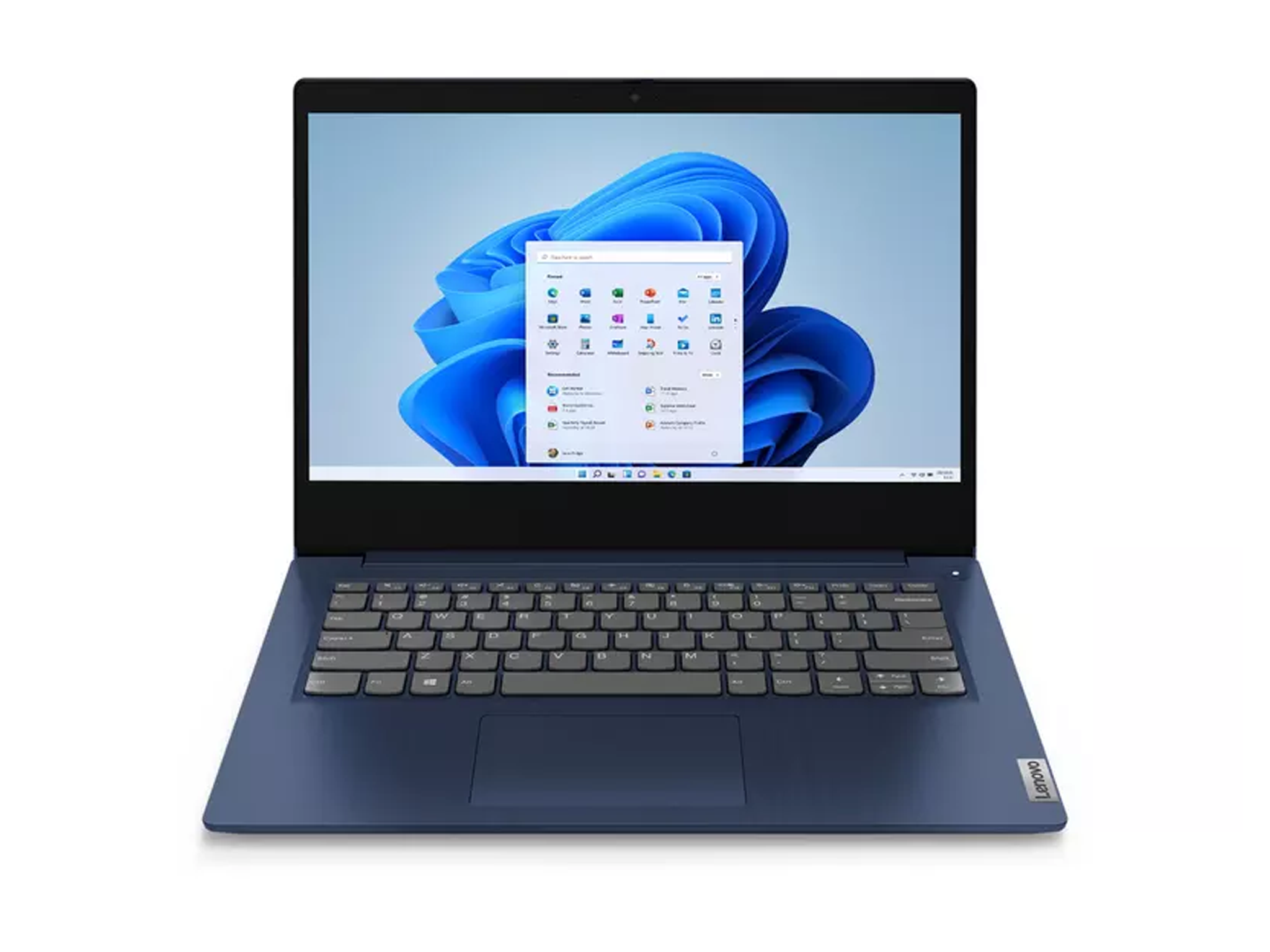
- Best: Lenovo laptop for students
- CPU: Intel Core i3
- RAM: 4GB
- Storage: 128GB
- Display: 15.6in, 1,080px
- Why we love it
- Cheap, everyday laptop
- Take note
- Basic performance
If you don’t need a whole lot of performance but just want an everyday laptop to bash out notes and emails or take video calls, look to Lenovo’s IdeaPad 3i.
This is a deleriously cheap Windows 11 laptop that cuts all the right corners. It runs on 4GB of RAM and an Intel Core i3 processor. That’s the least powerful processor in Intel’s main line, but still significantly more capable than the Intel Celeron and Pentium chips you’ll find wheezing away in even cheaper devices.
Build quality is good, the keyboard and trackpad are comfortable to use, it’s thin and lightweight, there’s a decent port selection and the minimal branding gives it a clean look.
HP Pavilion 14
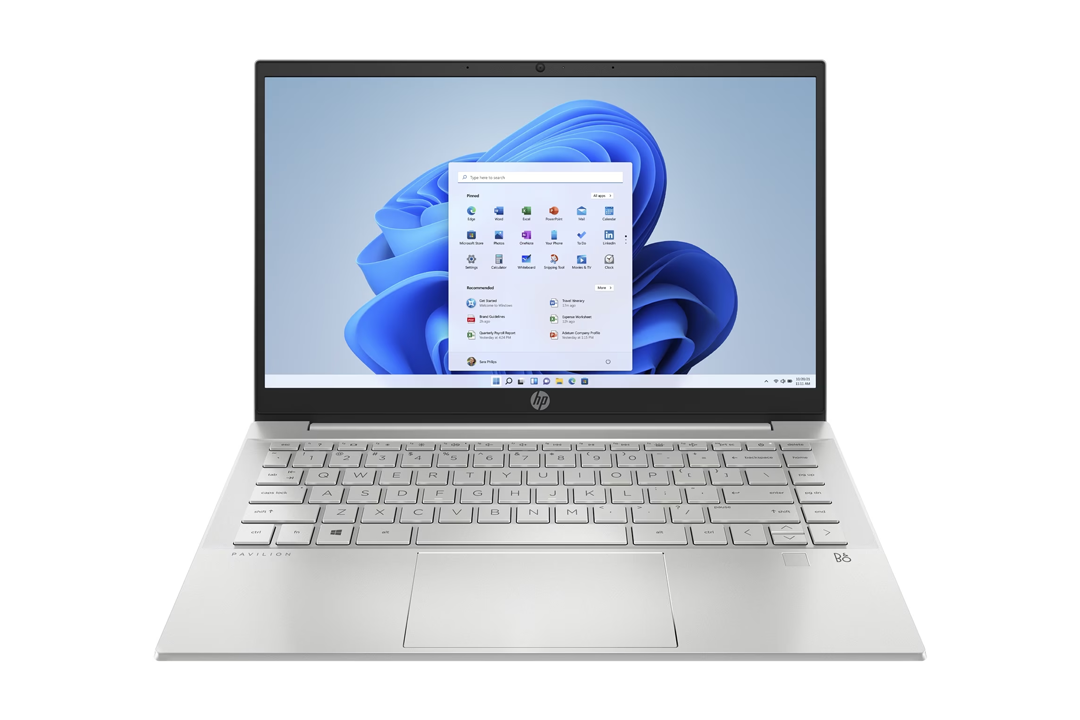
- Best: HP laptop for students
- CPU: AMD Ryzen 5
- RAM: 8GB
- Storage: 256GB
- Display: 14in, 1,080px
- Why we love it
- Great performance at this price
- Take note
- Battery life could be better
No laptop brand is sexy, but HP is probably the least sexy of them all. But putting aside the uneasy connotations of brown sauce and laserjet printers, the HP Pavilion 14 is quietly one of the best budget Windows laptops you’ll find.
There are a bunch of ways of configuring the HP Pavilion 14. You don’t want to cheap out on the underpowered Celeron or Pentium models, but instead look at the AMD Ryzen 5 or Intel Core i5 models for a better compromise between performance and price. As with the Dell XPS 13, it’s worth doubling the RAM if it’s in your budget.
These models will handle basic tasks with ease, but are also speedy enough to cope with more demanding jobs, such as photo editing and handling large files.
The verdict: Student laptops
The Dell XPS 13 is our pick of the best laptops for students, especially if you’re not going down the MacBook route, but any one of the three laptops we’ve recommended here should suit your needs.
We’ve rounded up even more options in our full guide to the best student laptops, as well as our more general guide to the best laptops.
Voucher Codes







